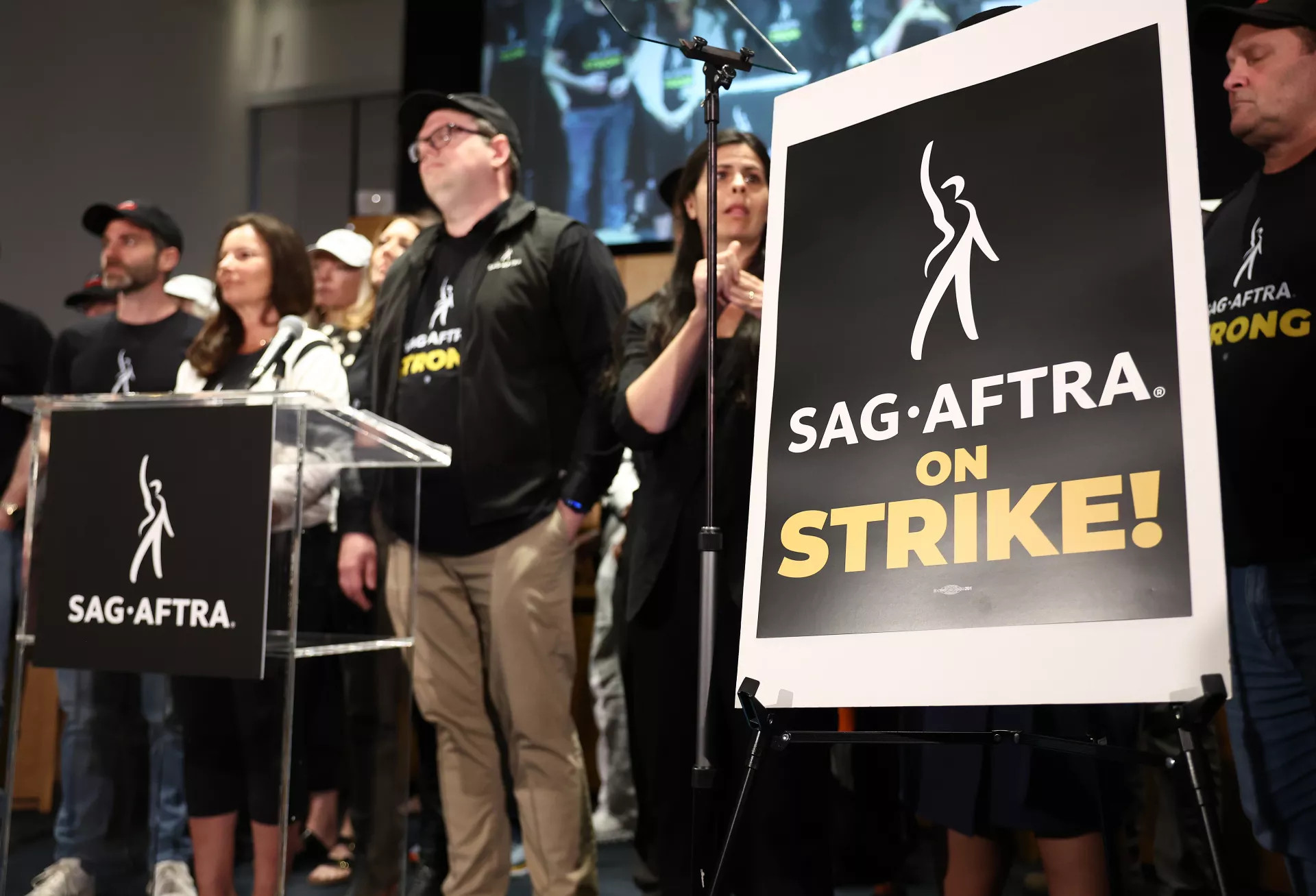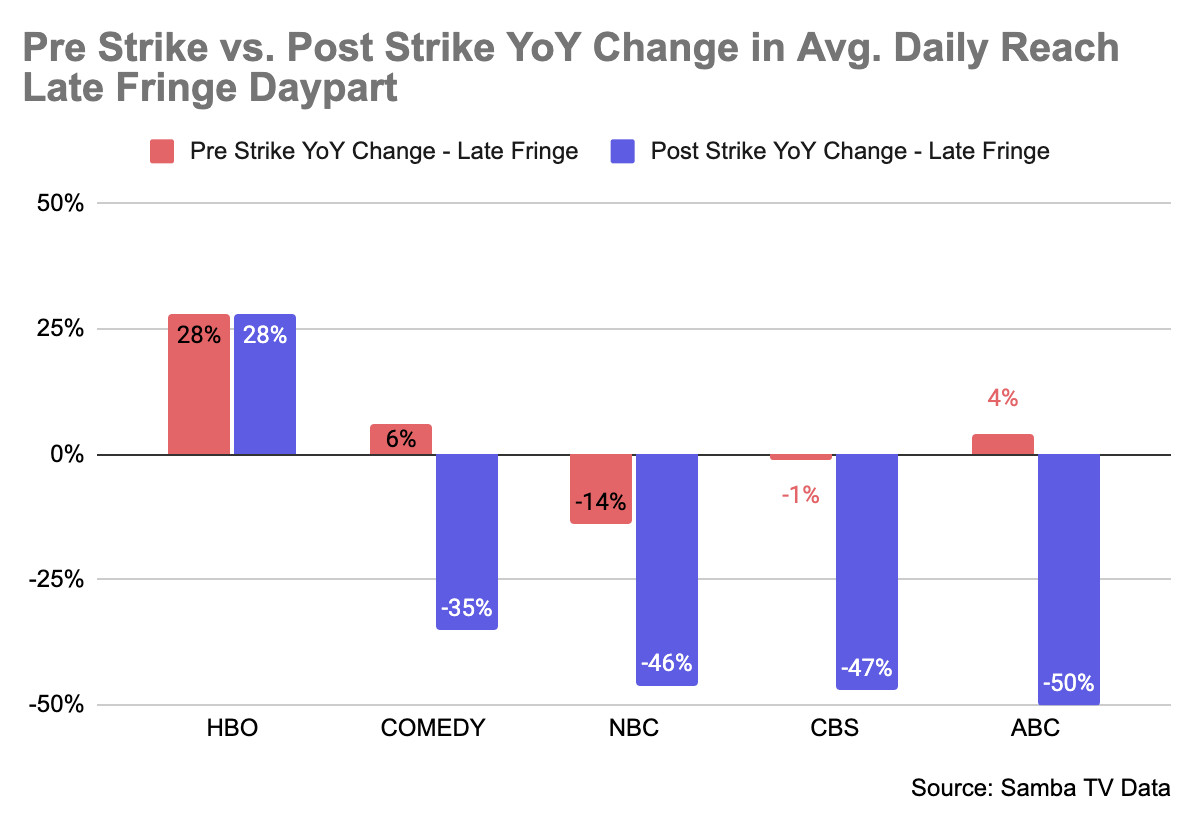
HOLLYWOOD, Calif.—While there’s optimism Writers Guild of America [WGA] members will soon return to work following this week’s announced tentative contract agreement with the Alliance of Motion Picture and Television Producers, nearly two-thirds of Americans believe their favorite shows will be delayed or canceled due to the strike and the ongoing strike of SAG-AFTRA members, according to software developer Samba TV.
“With the WGA strikes resulting in a tentative deal and all eyes now on SAG-AFTRA, the impact on viewers is already being felt,” said Samba TV co-founder and CEO Ashwin Navin. “While the majority of generations support the strike, they also are expecting major slowdowns with their favorite shows. We believe that no matter what, the industry will emerge with more transparency that will benefit the publishers, writers, talent and viewers alike.”
Samba TV is well-positioned to capture insights into the effects of the work stoppages on viewers. It develops software for a variety of television platforms, ranging from TVs and set-top boxes to smart phones and devices, and provides clients with real-time insights and audience analytics. (Editor’s note: Data for this story comes from Samba TV and HarrisX.)
According to the company, 74% of adults in the United States say they have heard of the strikes. Baby Boomers and the Silent Generation are more aware compared to other generations.
The majority of all generations support the strikes. Eighty percent of Gen Z and Millennials favor the strikes, while two out of three Gen Xers do so, the company said.

The strikes have taken a toll on late-night audience numbers. Comedy Central, ABC, CBS and NBC saw double-digit declines in average daily reach during the late fringe daypart beginning with the start of the WGA strike in May till and through July compared to the same period last year, Samba TV said.
The broadcast networks were hit particularly hard with viewership declines. They experienced between 46% and 50% as the late-night fare of Stephen Colbert, Jimmy Fallon and Jimmy Kimmel ceased. Before the strikes, the average episode of the three reached between 680,000 and 780,000 viewers in 2023, it said.
The professional video industry's #1 source for news, trends and product and tech information. Sign up below.
Only HBO saw a year-over-year increase in average daily reach for the fringe daypart, further illustrating the negative impact of not having new episodes on the others, according to Samba TV.
“The ongoing writers’ and actors’ strikes have had a catastrophic impact on late-night TV viewership. Without jokes and new material, many of the top late-night shows have gone off the air,” said Navin. “As a result, four of the five leaders in late night have seen double-digit decreases in reach during the late fringe time slot, with some losing as much as 50% of their audience during those hours. It remains to be seen how late night will rebound to its previous relevance.”
Phil Kurz is a contributing editor to TV Tech. He has written about TV and video technology for more than 30 years and served as editor of three leading industry magazines. He earned a Bachelor of Journalism and a Master’s Degree in Journalism from the University of Missouri-Columbia School of Journalism.

